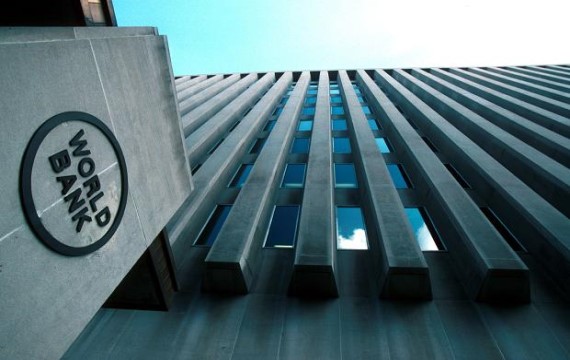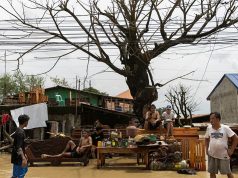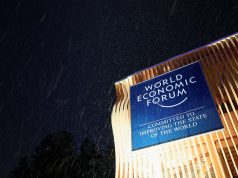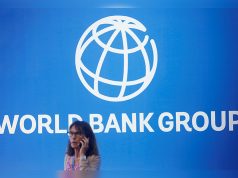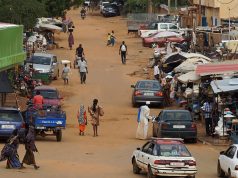WASHINGTON— The World Bank on Thursday said it approved new initiatives to allow member countries hit by natural disasters and other shocks to quickly access emergency funds from their existing loan programs to help them respond to an increasingly crisis-prone world.
The enhancements to the bank’s Crisis Preparedness and Response Toolkit would allow countries to immediately receive up to 10% of undisbursed funds from an existing project loan or other facility for emergency response.
World Bank Managing Director for Operations Anna Bjerde told Reuters that a country with $3 billion undisbursed from a $5 billion loan portfolio could instantly access $300 million in the event of a hurricane, earthquake or pandemic, a liquidity burst that could save a lot of hardship.
“We hear client after client, from very low-income to middle-income countries, say, ‘When a crisis hits, we’re unprepared financially and we’re having to make all kinds of terrible trade-offs that we don’t want to have to make.'”
The World Bank also will scale up access to larger pre-arranged emergency crisis financing as part of future loan programs that will require crisis-preparedness reforms and other institutional measures to build resilience.
A third component approved by the World Bank executive board is to broadly expand the use of catastrophe insurance products to protect against large-scale disasters. These include catastrophe bonds that provide insurance payouts in the event of hurricanes or other disasters that meet certain thresholds.
Jamaica has been a pioneer in such bonds, and World Bank President Ajay Banga has called for their expansion to shield vulnerable countries’ budgets from climate and other threats, giving them “peace of mind.”
Bjerde said that under this initiative, funds from project loans that catastrophe bonds would protect can be used to pay fees to arrange their issuance, costs now borne by the countries issuing them.
Better, faster bank
The changes are part of broader reform efforts at the World Bank to expand the development lender’s mission to tackle climate change and other global crises, and vastly enlarging its lending capacity.
“This is essentially us responding to what we’ve heard” from client countries, Bjerde said, adding that it was part of Banga’s operational improvement efforts to build a “better bank” before seeking a general capital increase from shareholders.
Another aspect of the operational changes involves speeding up the bank’s loan approvals and disbursements, Bjerde said. It now takes the bank, which has over 16,000 staff, an average of 27 months from project initiation to the first disbursement of a loan, including 19 months for loan approval.
She said that by the end of the current fiscal year on June 30, that approval time will drop by “a few months” but her ambition is to reduce to 12 months by the end of June 2025, even for the most complex projects like large hydroelectric dams.
“And then I want to speed up the disbursements, because if you’re not disbursing, you’re not really implementing” loans, Bjerde said.
— Reporting by David Lawder; Editing by Jamie Freed

